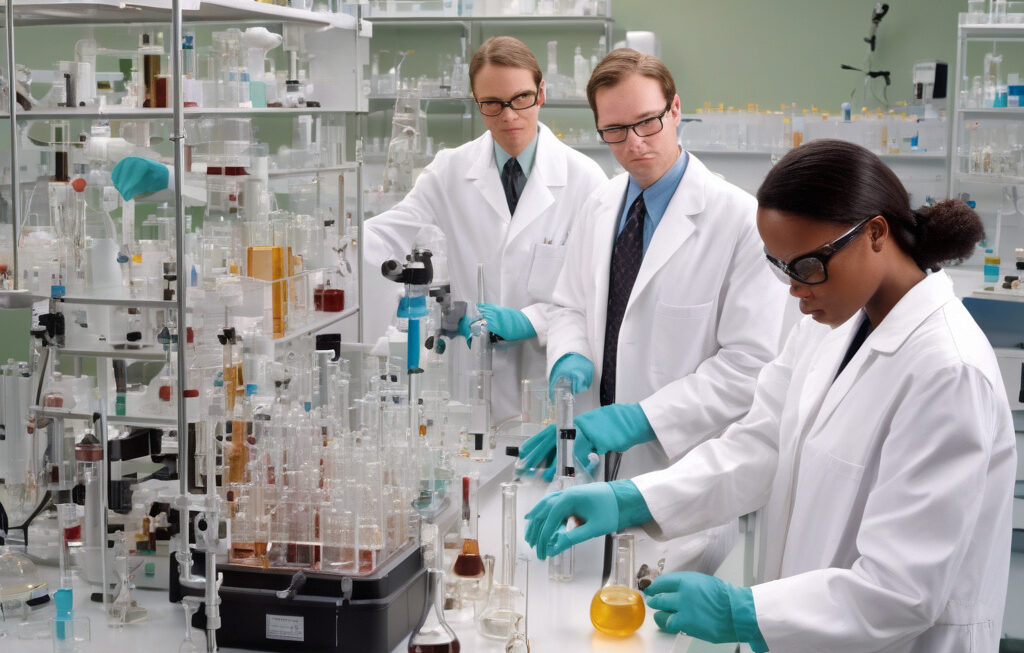UN Begins Talks to Negotiate Global Plastic Pollution Agreement
Negotiations are currently underway to finalize an agreement aimed at addressing the pressing issue of plastic waste and its detrimental impact on human health, marine life, and the economy. The United Nations has taken a significant step forward by initiating talks to develop a comprehensive global strategy to combat plastic pollution.
Plastic pollution has become a pervasive problem worldwide, with devastating consequences for the environment and living organisms. Every year, millions of tons of plastic waste end up in our oceans, causing harm to marine life and ecosystems. Additionally, the presence of microplastics in the food chain poses a serious threat to human health, leading to a range of health issues.
The economic impact of plastic pollution is also substantial. The costs of cleaning up plastic waste, as well as the loss of tourism revenue due to polluted beaches and marine environments, amount to billions of dollars each year. Addressing this issue requires coordinated international efforts and a unified approach to reduce plastic production, improve waste management systems, and promote sustainable alternatives.
By initiating talks to negotiate a global plastic pollution agreement, the United Nations is sending a clear message that urgent action is needed to tackle this crisis. The agreement aims to set binding targets for the reduction of plastic waste, establish guidelines for plastic recycling and disposal, and promote innovation in eco-friendly packaging and materials.
Countries participating in the negotiations have the opportunity to shape the future of plastic production and consumption on a global scale. By committing to ambitious targets and implementing effective policies, nations can work together to create a cleaner, healthier, and more sustainable world for future generations.
One example of successful international cooperation in addressing plastic pollution is the United Nations’ Clean Seas campaign. Launched in 2017, the campaign has mobilized governments, businesses, and individuals to reduce plastic usage, improve waste management practices, and raise awareness about the issue. Through collaborative efforts, significant progress has been made in reducing single-use plastics and promoting recycling initiatives.
Innovations in technology and materials science also play a crucial role in combatting plastic pollution. Biodegradable plastics, plant-based alternatives, and recycling innovations offer promising solutions to reduce the environmental impact of plastic waste. By investing in research and development of sustainable materials, businesses can contribute to a circular economy that minimizes waste and pollution.
As the negotiations for a global plastic pollution agreement continue, it is essential for all stakeholders to actively participate and contribute to the discussion. Governments, businesses, non-profit organizations, and individuals all have a role to play in addressing this complex issue and finding workable solutions.
In conclusion, the UN’s efforts to negotiate a global plastic pollution agreement mark a significant milestone in the fight against plastic waste. By fostering international cooperation, setting ambitious targets, and promoting innovation, the agreement has the potential to drive positive change and create a more sustainable future for our planet.
#UN, #plasticpollution, #globalagreement, #sustainability, #environmentalhealth










